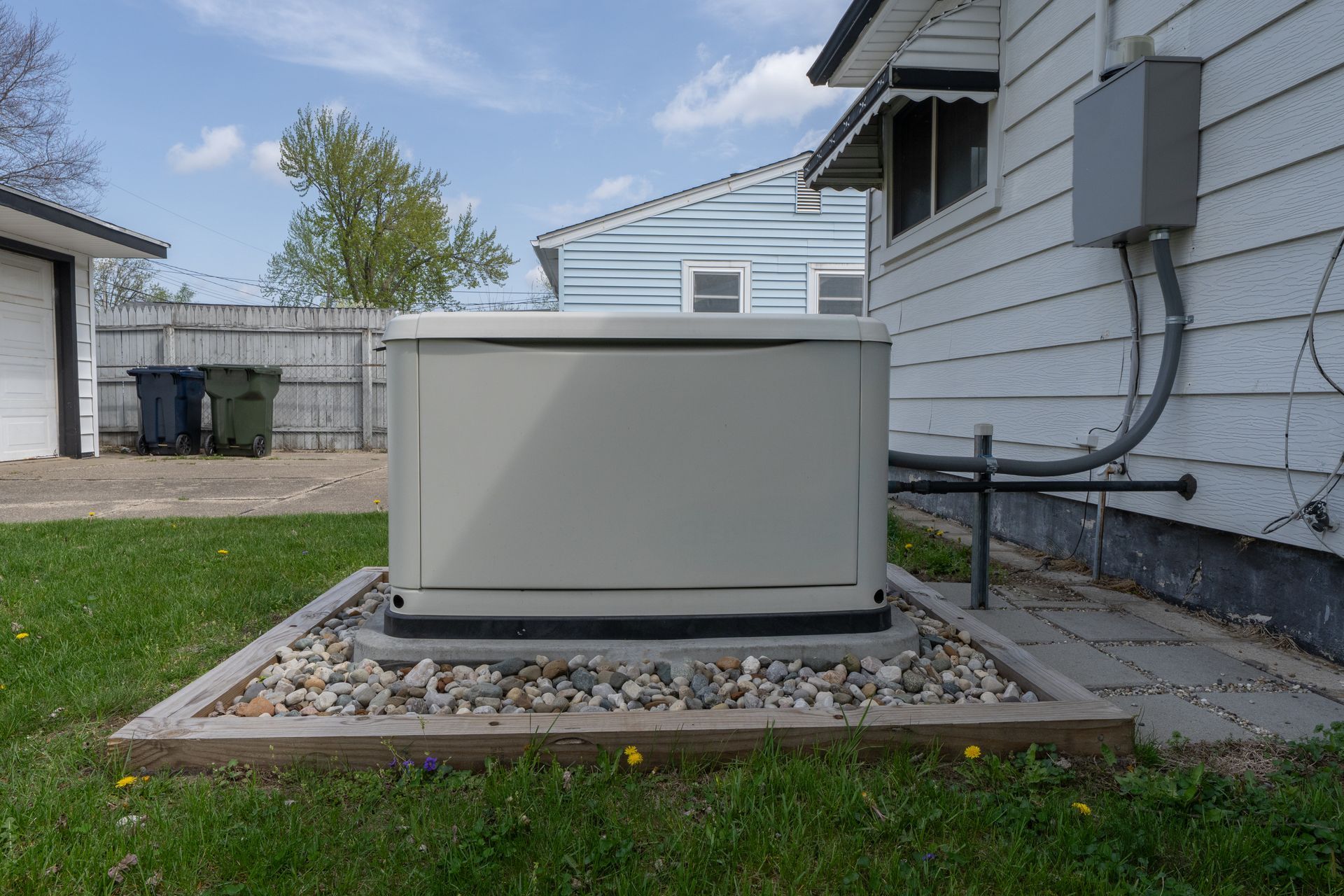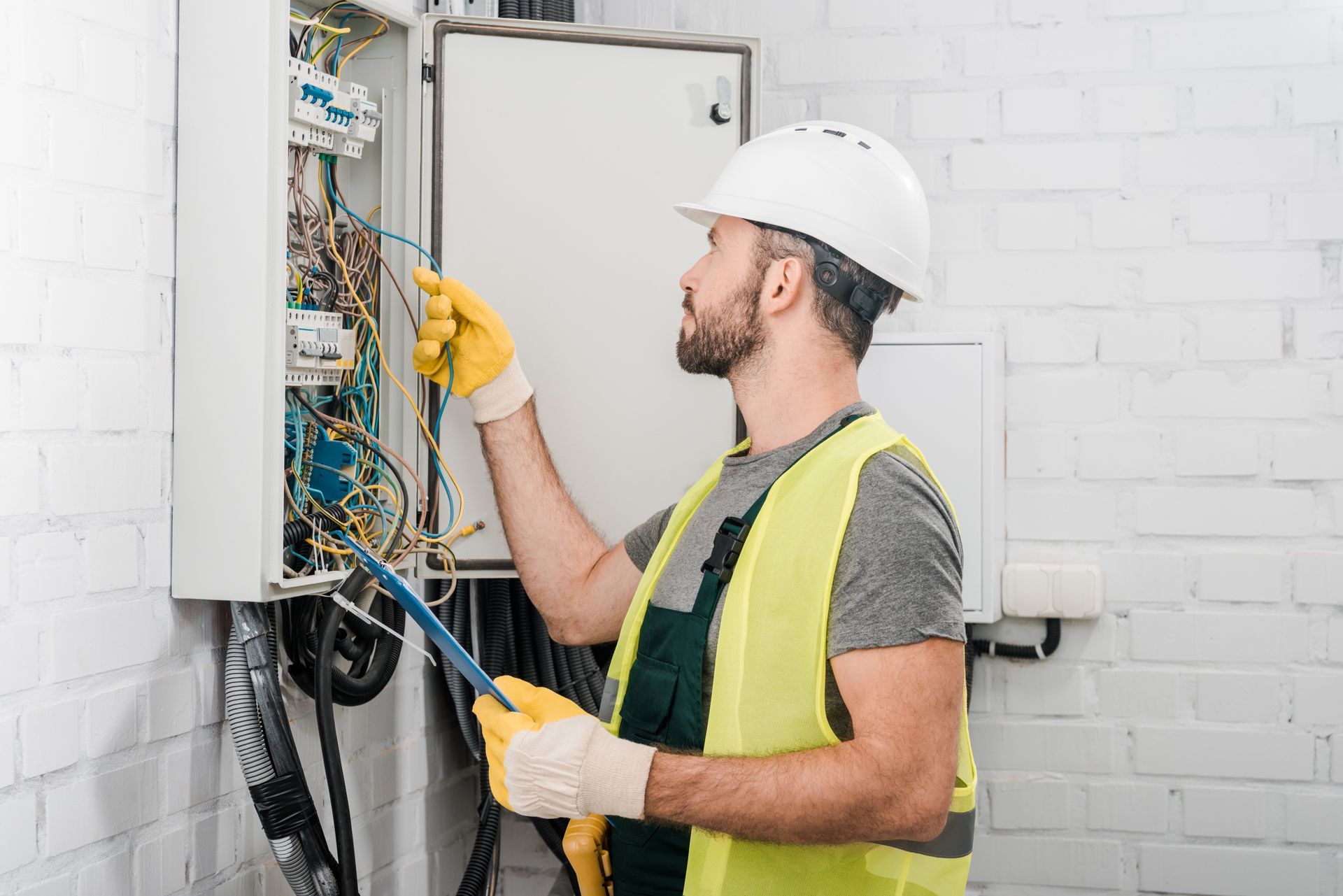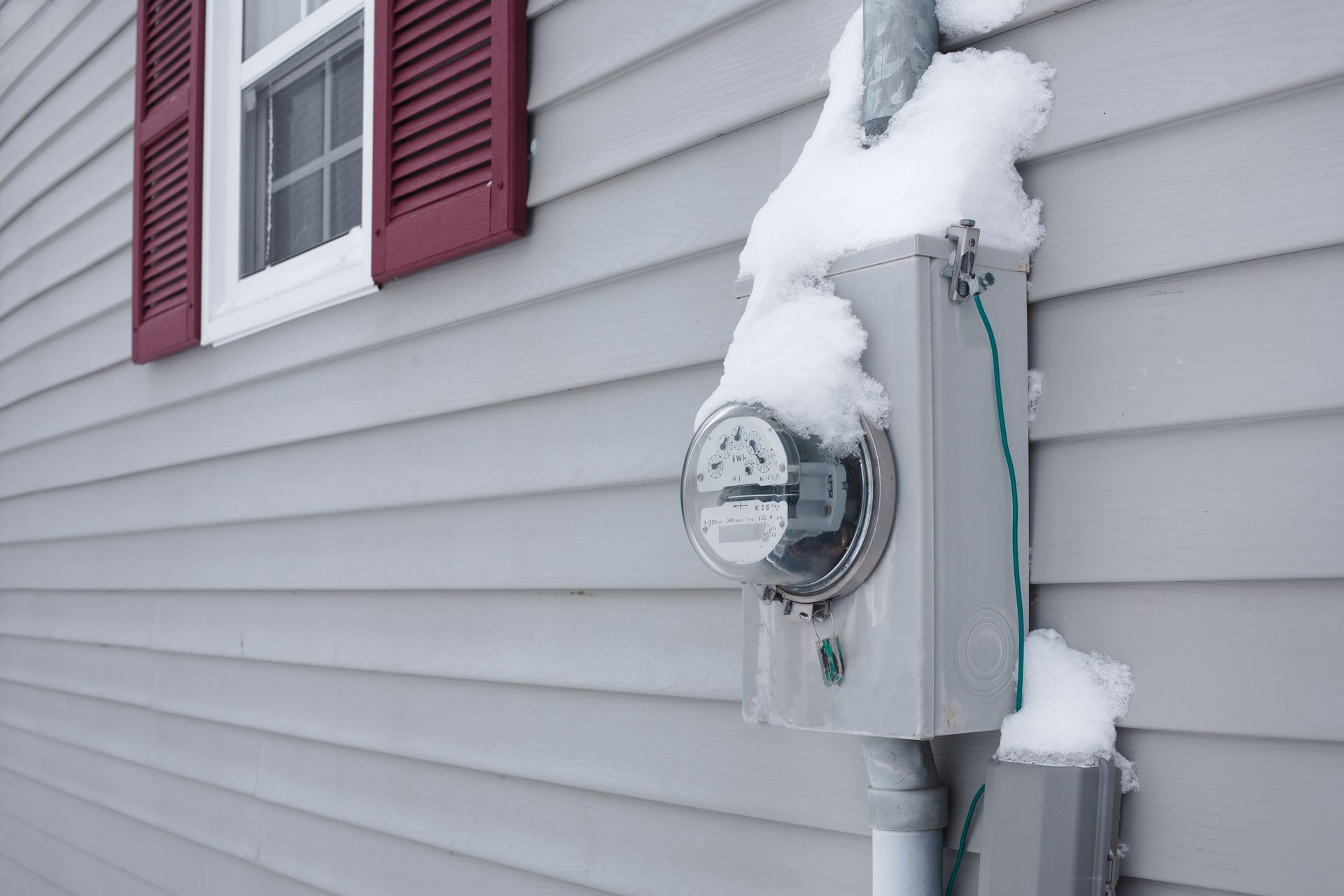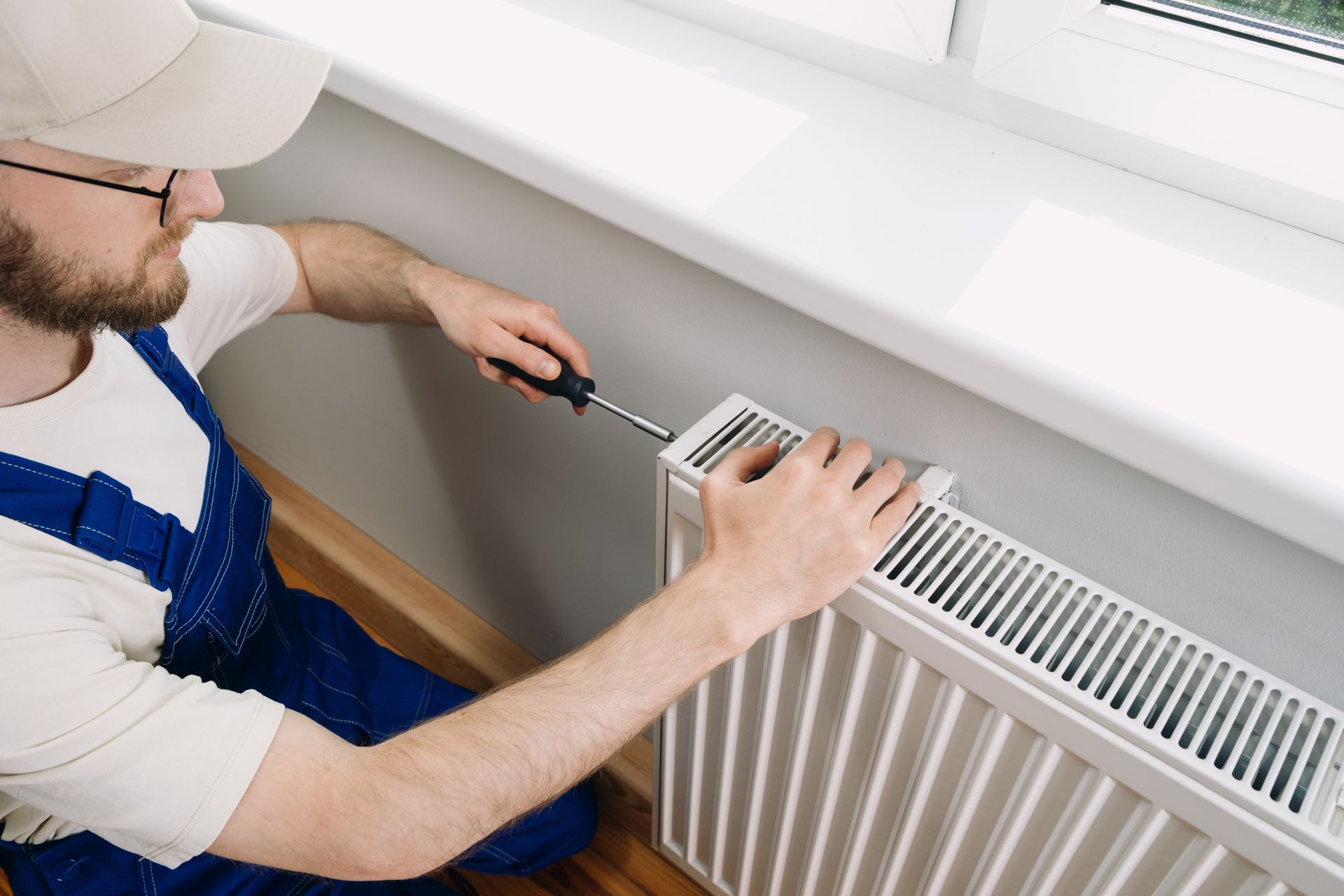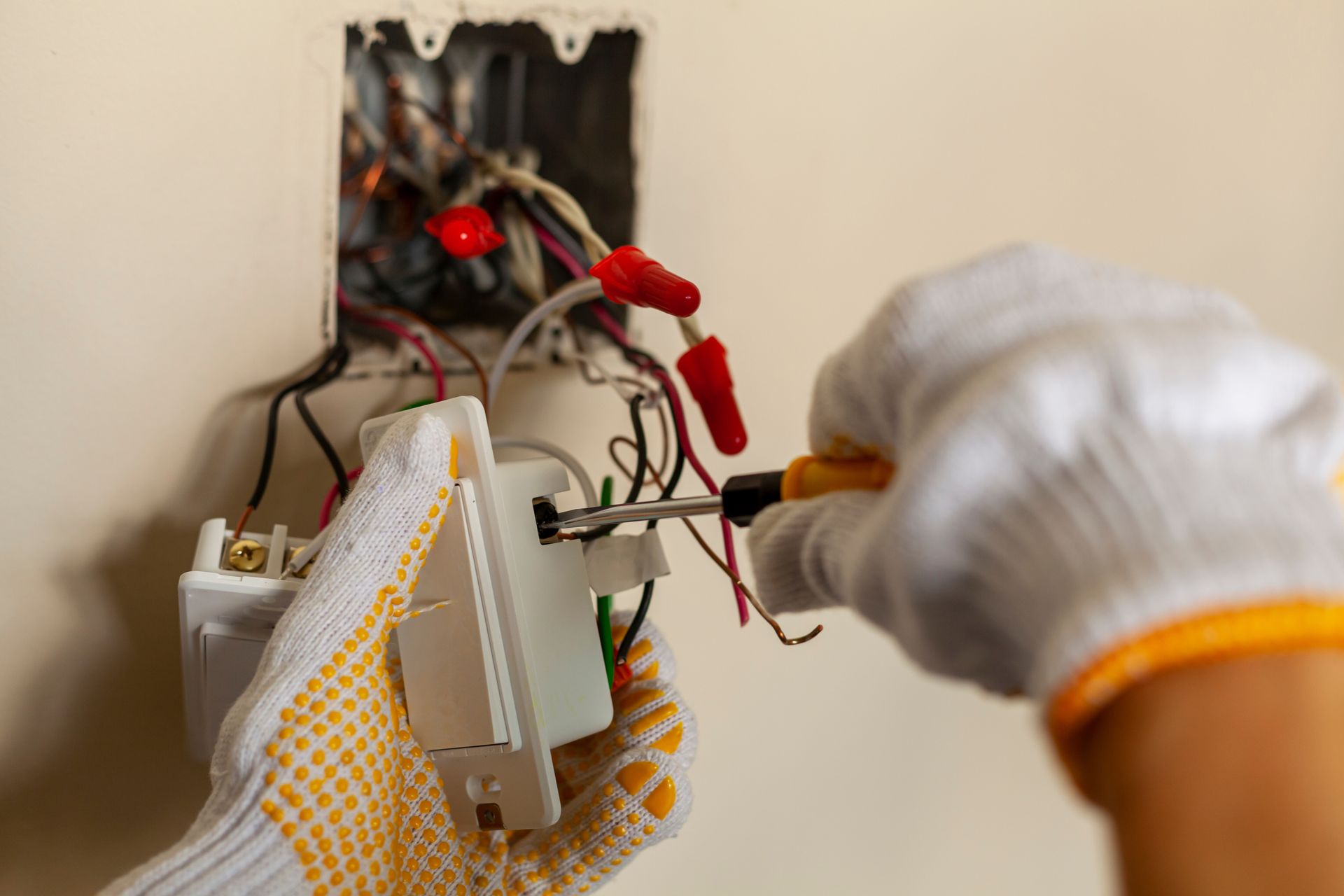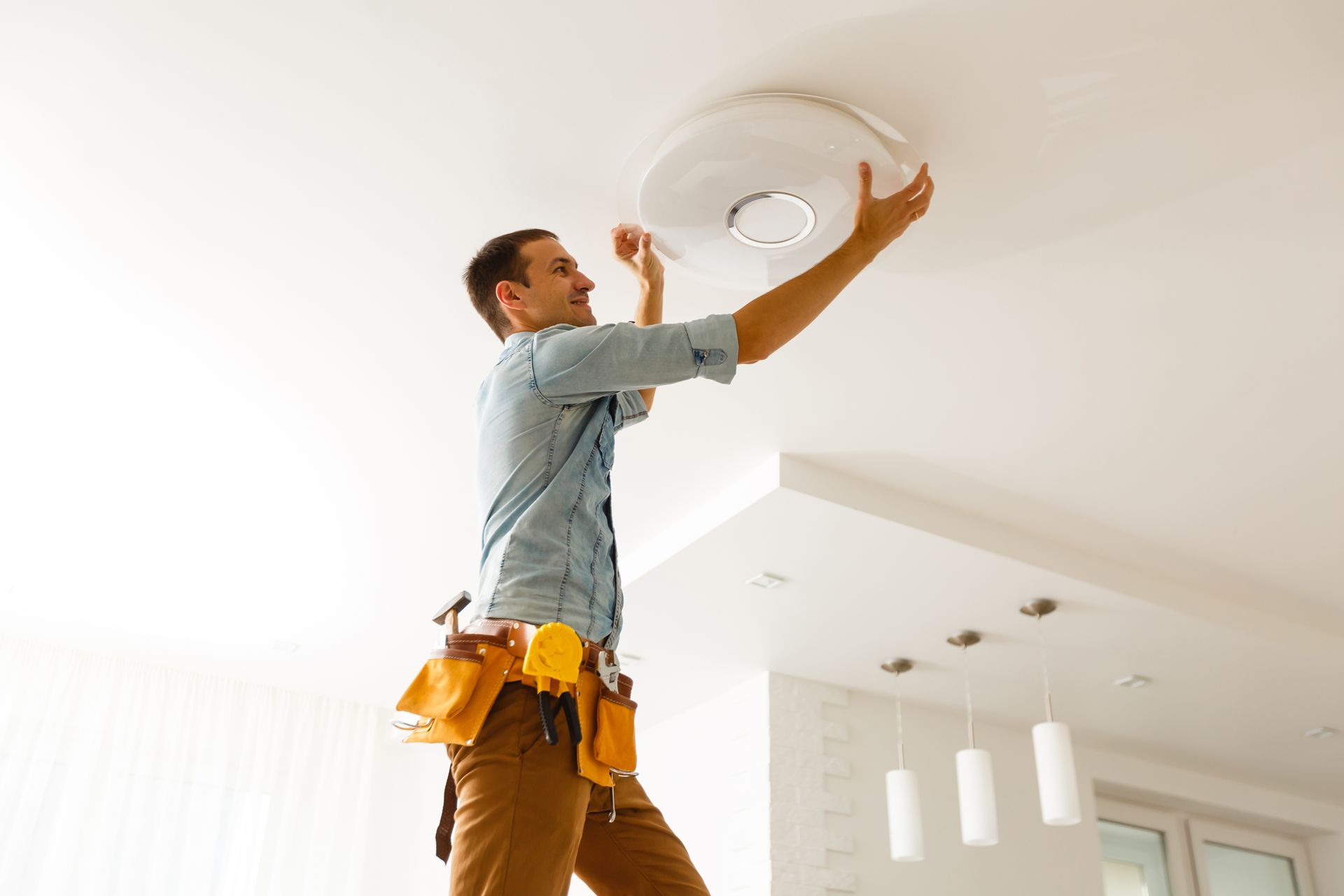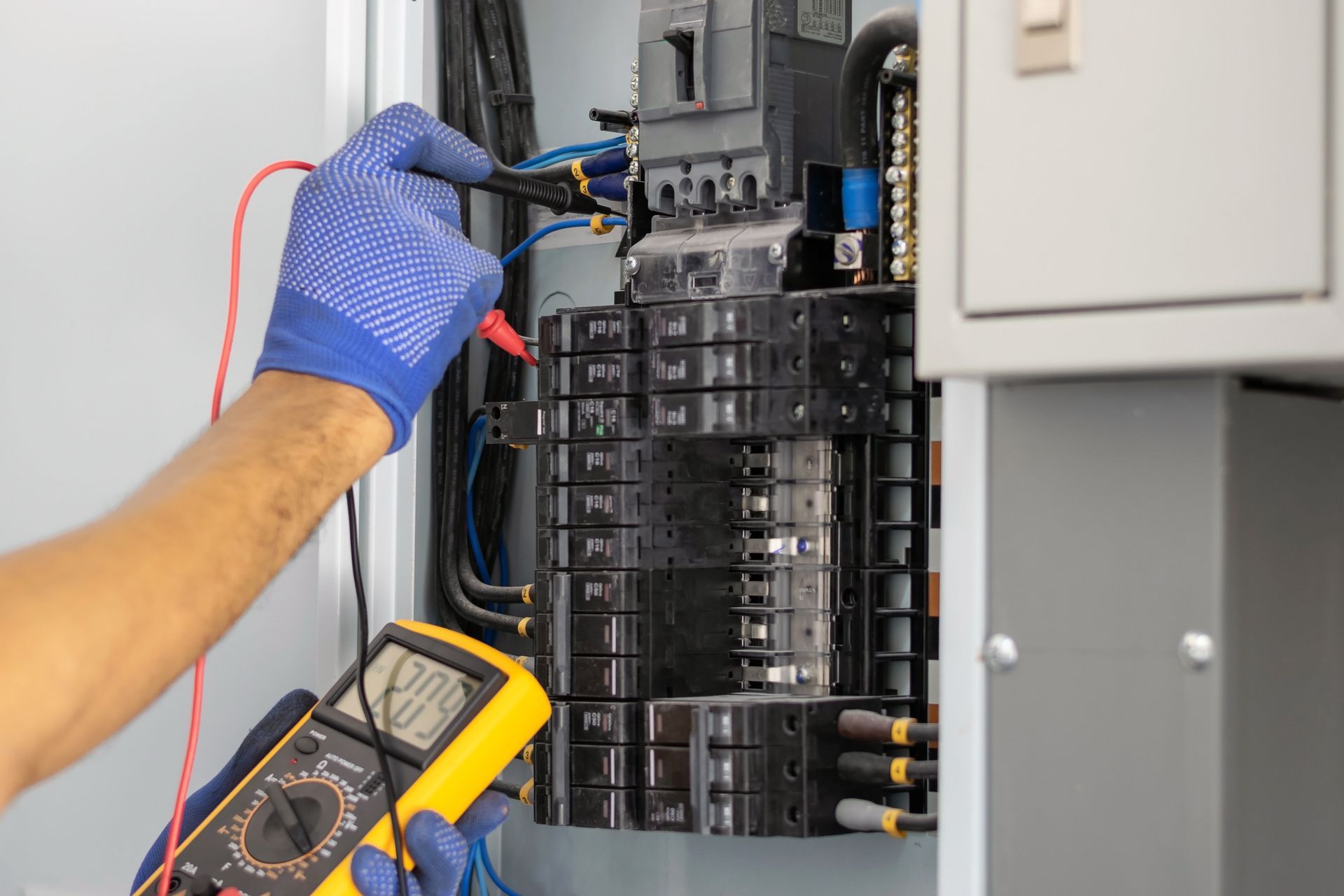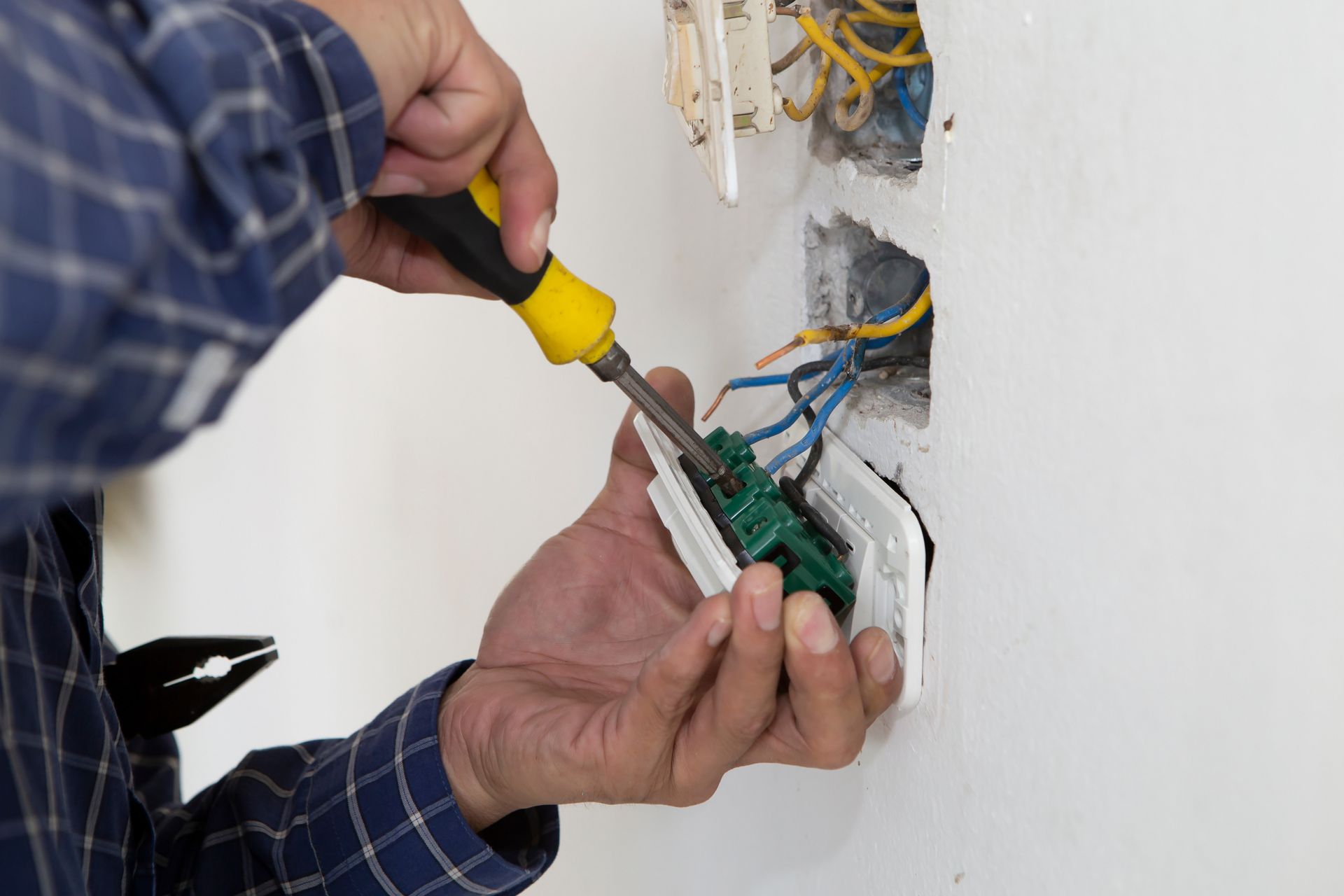Decoding the Process: How Electricians Assess and Repair Home Electrical Wiring
At some point in homeownership, you may encounter issues with your home's electrical wiring—flickering lights, frequent electrical surges, circuit breaker tripping frequently, or even just higher than usual electricity bills. These issues can be frustrating, expensive, and even potentially dangerous. They're also not something that the average homeowner can or should attempt to fix on their own. This is where the expertise of a licensed electrician comes into play. These professionals have the training, experience, and tools necessary to safely diagnose and resolve these issues, ensuring your home's electrical system is both safe and efficient.
How Electricians Check Home Wiring
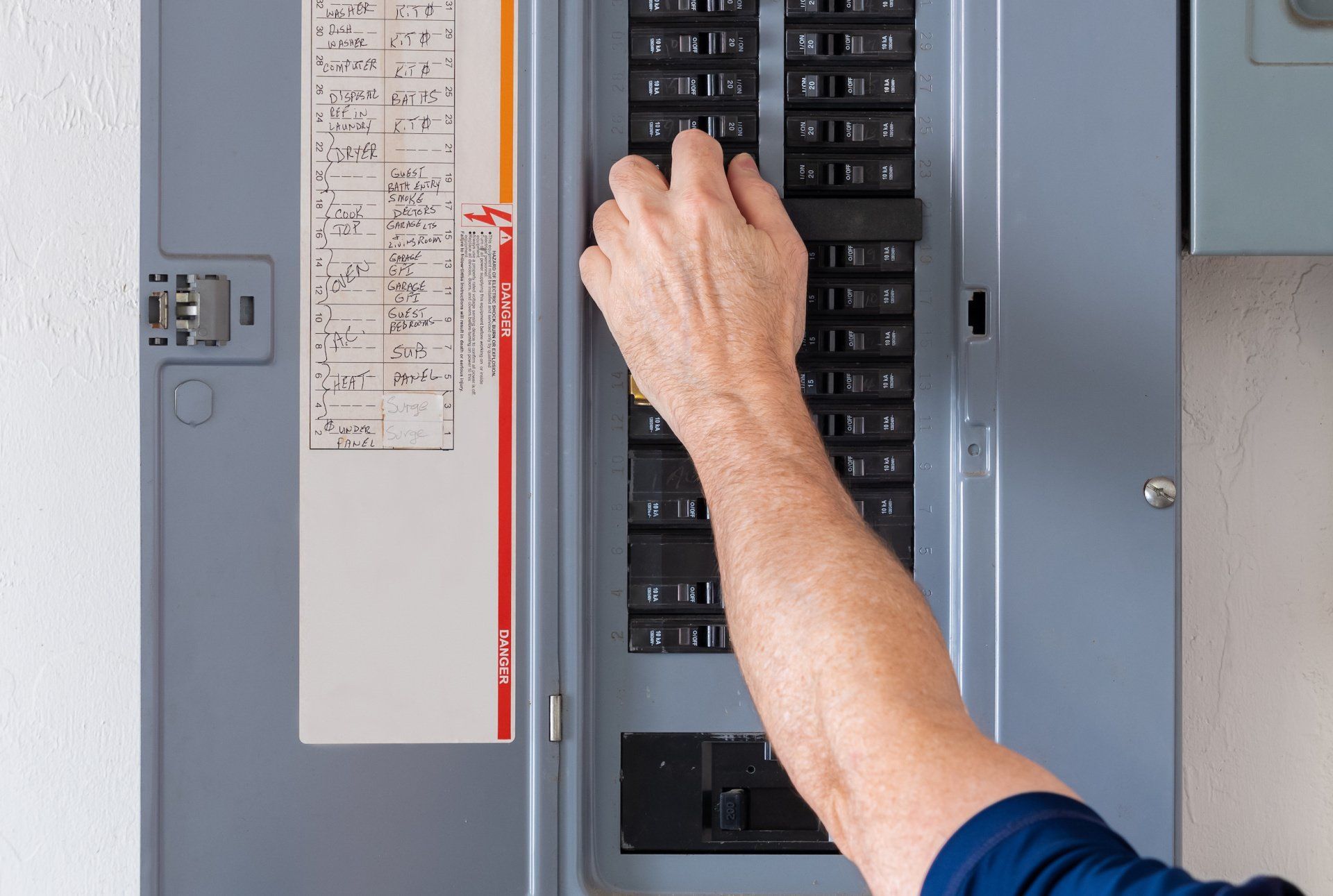
Electricians have a myriad of techniques and tools at their disposal to delve deeper and accurately pinpoint issues that might be lurking beneath the surface. Here are five primary methods that electricians employ to thoroughly examine your home's electrical wiring.
1-Visual Inspection of Wiring and Components
The first and most fundamental step in checking home wiring is a visual inspection. This process is crucial as it can quickly reveal a range of potential issues without the need for complex equipment. An electrician starts by examining all accessible wiring, outlets, switchboards, and electrical fixtures. This inspection aims to identify any visible signs of damage, wear, or aging that could indicate underlying electrical problems.
Key aspects an electrician looks for during a visual inspection include:
- Frayed or Damaged Wires: Exposed or damaged wires are a significant safety hazard. They can lead to short circuits, electrical fires, or shocks. Electricians carefully check for any signs of fraying, especially in older homes where wiring insulation might have degraded over time.
- Loose Connections: Loose connections can occur at outlets, switches, or within the electrical panel. They are often identified by a careful examination of these components. Loose connections can cause intermittent power issues and, in worse cases, can lead to overheating and fires.
- Signs of Overheating: Discoloration or a burnt smell near outlets or the electrical panel can indicate overheating. This can result from overloading, poor connections, or faulty components.
- Outdated Wiring: In older homes, electricians look for signs of outdated wiring systems like knob and tube wiring, which do not meet modern safety standards and can pose significant risks.
- Corrosion and Moisture: Signs of corrosion or moisture near electrical components are red flags. They can compromise the safety of the electrical system, especially in areas with high humidity or in homes with plumbing leaks.
2-Testing with a Multimeter
A critical step in an electrician's evaluation of a home's wiring is the use of a multimeter. This versatile tool is essential for diagnosing and resolving a wide array of electrical issues. By measuring various electrical properties such as voltage, current, and resistance, electricians can gain a comprehensive understanding of the health and safety of the home's electrical system.
Here's how electricians utilize a multimeter during an inspection:
- Voltage Testing: Electricians use a multimeter to check the voltage levels in different parts of the electrical system. This helps them ensure that the voltage is consistent and within the expected range for each circuit. Any significant deviations can indicate underlying problems such as poor wiring connections or faulty electrical components.
- Checking for Short Circuits: A multimeter can detect short circuits by measuring resistance or continuity in the wiring. A low resistance reading typically indicates a short circuit, which is a critical issue that needs immediate attention to prevent potential hazards like electrical fires.
- Identifying Overloads: By measuring the current flowing through various circuits, electricians can determine if any circuits are overloaded. Overloaded circuits can lead to tripped breakers and pose a risk of overheating and fire.
- Testing Ground Continuity: The tool is also used to verify that all components of the electrical system are properly grounded. This is crucial for safety, as proper grounding helps prevent electrical shocks and other hazards.
- Diagnosing Component Failures: Electricians can use a multimeter to test individual components like switches, outlets, and light fixtures to ensure they are functioning correctly. This includes checking for proper wiring and any signs of damage or wear.
3-Circuit Breaker Analysis
During this analysis, electricians look for signs of damage or wear in the circuit breakers or fuses. They check for issues like frequent tripping of breakers, which could indicate overloaded circuits or potential short circuits. Frequent tripping is often a homeowner’s first sign of an electrical problem. The electrician may also inspect for any visible signs of scorching or damage that suggest a short circuit has occurred or is occurring. Such signs are serious and typically require immediate repair or replacement of the affected components.
Another key aspect of this analysis is ensuring that the circuit breakers are appropriately rated for their respective circuits. An incorrectly rated breaker can either lead to nuisance tripping, interrupting power unnecessarily, or, more seriously, fail to trip in an overload situation, increasing the risk of an electrical fire.
4-Ground Fault Circuit Interrupter (GFCI) Testing
An essential component of an electrician's evaluation of home wiring is the testing of Ground Fault Circuit Interrupters (GFCIs). These devices are crucial for preventing electric shocks, particularly in areas of a home that are prone to moisture, such as bathrooms, kitchens, and outdoor spaces. GFCIs are designed to shut off electrical power quickly when a ground fault is detected, significantly reducing the risk of electric shock and electrical fires.
5-Insulation Resistance Testing
This type of testing is particularly valuable because it can identify issues that are not apparent during visual inspections or standard electrical testing. For instance, minor cracks or wear in the insulation may not be visible but can significantly impact the safety of the electrical system. By detecting these issues early, electricians can prevent more serious problems, such as electrical fires or damage to electrical appliances.
Insulation resistance testing is also essential in environments where wiring is exposed to harsh conditions, like extreme temperatures or humidity, which can accelerate the degradation of insulation. In these cases, regular testing becomes even more crucial for ensuring ongoing safety.
Wrapping it Up: Powering Your Home Safely
Ensuring your home is powered safely not only secures your peace of mind, but also keeps your family and property safe from avoidable hazards. If you notice signs of failing wiring or other electrical issues, it's crucial to seek the help of a professional electrician.
Are you located in Western MA? Searching for an electrician near me? B Town Electric is a reputable and reliable electrician in Western MA, providing comprehensive home electrical services and to keep your home safe and functional. With decades of experience and a team of skilled professionals, we can help identify and resolve any issues with your home's wiring to ensure it meets modern safety standards. Contact us today for all your home electrical needs!
Questions? Contact our main office
Schedule a Free Quote. Submit a free quote request online
